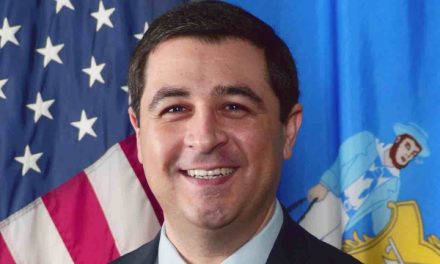
Transforming skin cells into liver cells: Not science fiction
For immediate release:
July 7, 2014
Medical College of Wisconsin For more information, contact:
Office of Public Affairs Maureen Mack (mmack@mcw.edu)
8701 Watertown Plank Road Director of Media Relations
Milwaukee, WI 53226 Cellular: 414-750-5266
Fax (414) 955-6166 Office: 414-955-4744
The Medical College of Wisconsin (MCW) has received a five-year, $2.1 million dollar grant from the National Institutes of Health’s National Institute of Diabetes and Digestive and Kidney Diseases to advance work pioneered at MCW in which human skin cells are converted into liver cells, and to identify the molecular mechanisms of liver cell development.
Stephen Duncan, D.Phil., the Marcus Professor of Human and Molecular Genetics and director of the MCW Program in Regenerative Medicine and Stem Cell Biology, is the primary investigator of the grant. Dr. Duncan’s faculty appointment is in the department of cell biology, neurobiology and anatomy where the work will be conducted.
More than 30 million Americans have liver disease, and the causes range from genetics, to viruses such as hepatitis C, cancer, nonalcoholic fatty liver disease, and cirrhosis caused by alcoholism.
Dr. Duncan has shown previously that it is possible to produce liver cells, or hiHeps, from human induced pluripotent stem cells that were once simply adult skin cells. Those hiHeps have been used to model infectious liver disease, inborn liver errors, and other liver problems. The procedure appears to closely mirror the development of the liver that occurs during normal growth of the liver in unborn babies.
In this project, Dr. Duncan’s team will use the cell culture model to unravel the complex molecular mechanisms that underlie human liver development—the “why” behind the differentiation and development of a liver. The experiments are designed to reveal the specific molecular events that occur during that development, which will allow the team to study inborn errors of liver metabolism, and possibly would allow the identification of methods to correct liver diseases.
Ultimately, the project will significantly advance understanding of the molecular basis of liver cell formation, and help realize the full potential of induced adult pluripotent stem cells in the study and treatment of liver disease.
This project is funded by NIH grant R01DK102716-01.
About the Medical College of Wisconsin
The Medical College of Wisconsin is the state’s only private medical school and health sciences graduate school. Founded in 1893, it is dedicated to leadership and excellence in education, patient care, research and community engagement. More than 1,200 students are enrolled in the Medical College’s medical school and graduate school programs in Milwaukee. New regional medical education campuses are expected to open in Green Bay in 2015, and in Central Wisconsin in 2016, with each recruiting initial classes of 15-20 students. A major national research center, MCW is the largest research institution in the Milwaukee metro area and second largest in Wisconsin. In FY 2012-13, faculty received approximately $160 million in external support for research, teaching, training and related purposes, of which approximately $144 million is for research. This total includes highly competitive research and training awards from the National Institutes of Health (NIH). Annually, College faculty direct or collaborate on more than 2,000 research studies, including clinical trials. Additionally, more than 1,350 physicians provide care in virtually every specialty of medicine for more than 425,000 patients annually.





